Grape Variety
Chardonnay
"shar-doh-NAY"
Wine Styles
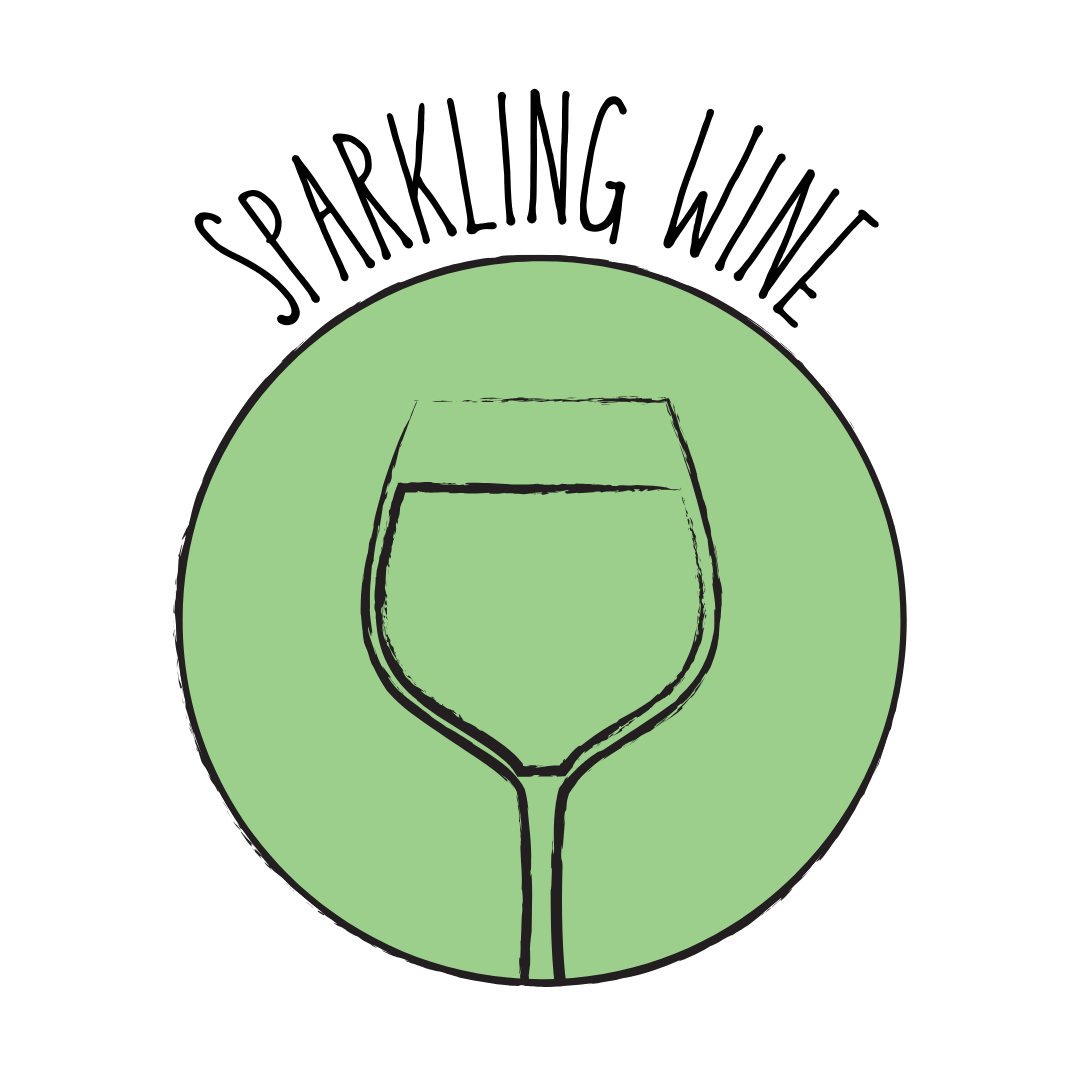 Sparkling
Sparkling Light White
Light White Full White
Full White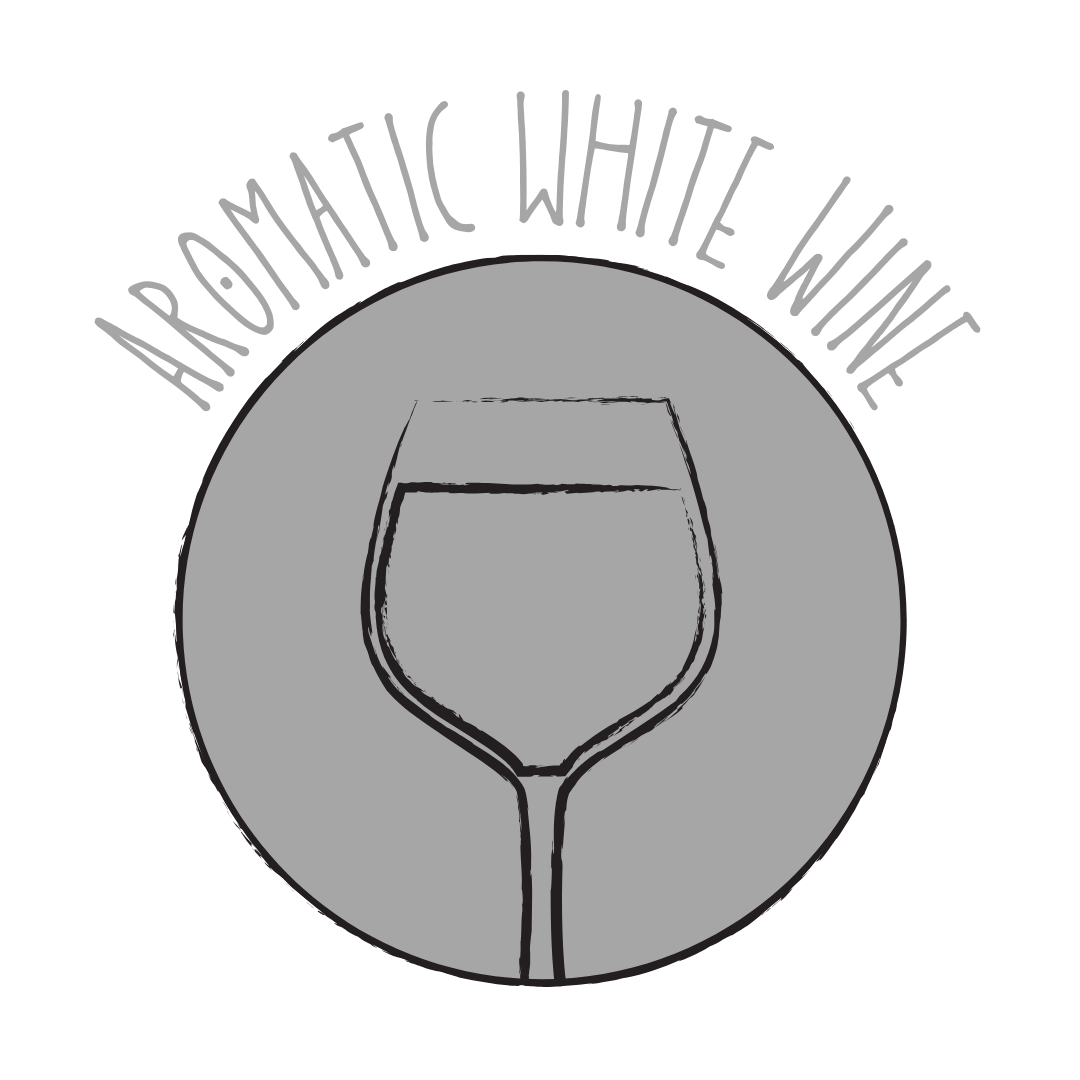 Aromatic
Aromatic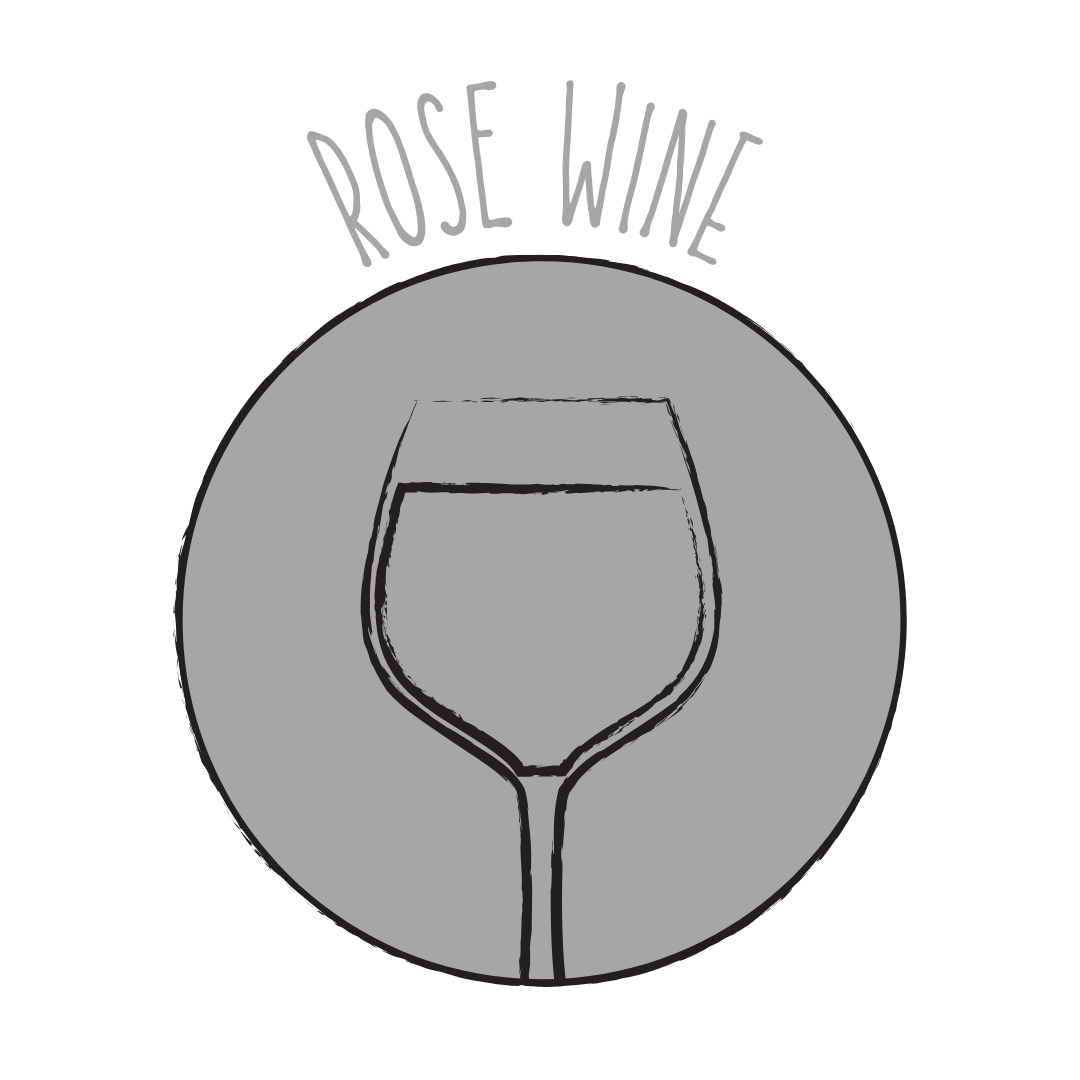 Rosé
Rosé Light Red
Light Red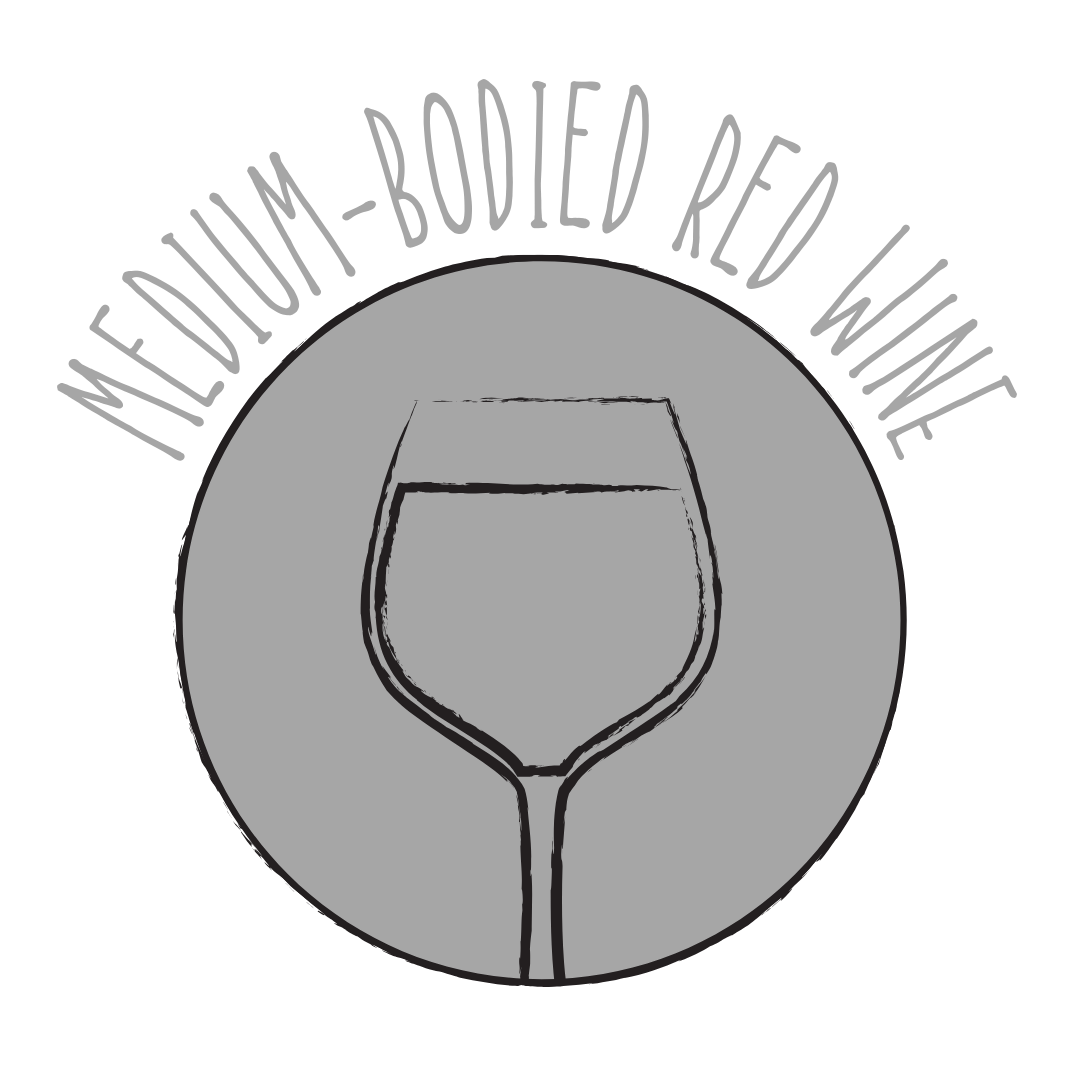 Medium Red
Medium Red Full Red
Full Red Dessert
DessertAbout Chardonnay
Origin
Burgundy, France
History
Chardonnay is a green-skinned grape variety that originated in the Burgundy wine region of eastern France. It has become one of the most widely planted and versatile grape varieties globally, thriving in diverse climates from England to New Zealand. The grape itself is relatively neutral, with many of the flavors commonly associated with Chardonnay being derived from influences such as terroir and oak treatment.
Appearance
Green-skinned berries of medium size, growing in compact clusters.
Growing Traits
Chardonnay is known for its adaptability to various climates and soils, making it a favorite among winemakers worldwide. It is an early-ripening grape that can produce high yields, though careful vineyard management is essential to maintain quality. The grape's relatively neutral profile allows it to express the characteristics of its terroir and winemaking techniques, leading to a wide range of wine styles.
Wine Characteristics
Body
4/5
Sweetness
1/5
Tannin
1/5
Acidity
4/5
Alcohol
4/5
Medium to full-bodied with a versatile profile, ranging from crisp and light to rich and creamy, depending on vinification methods and terroir. Typically dry, with minimal residual sugar, though some styles, such as late-harvest or dessert wines, may exhibit higher sweetness levels. Low tannin levels, as is characteristic of white wines, contributing to a smooth and approachable mouthfeel. Medium to high acidity, providing freshness and structure, with cooler climate expressions often exhibiting higher acidity. Moderate to high alcohol content, typically ranging between 12.5% and 14.5%, influenced by climate and winemaking practices.
Taste Profile
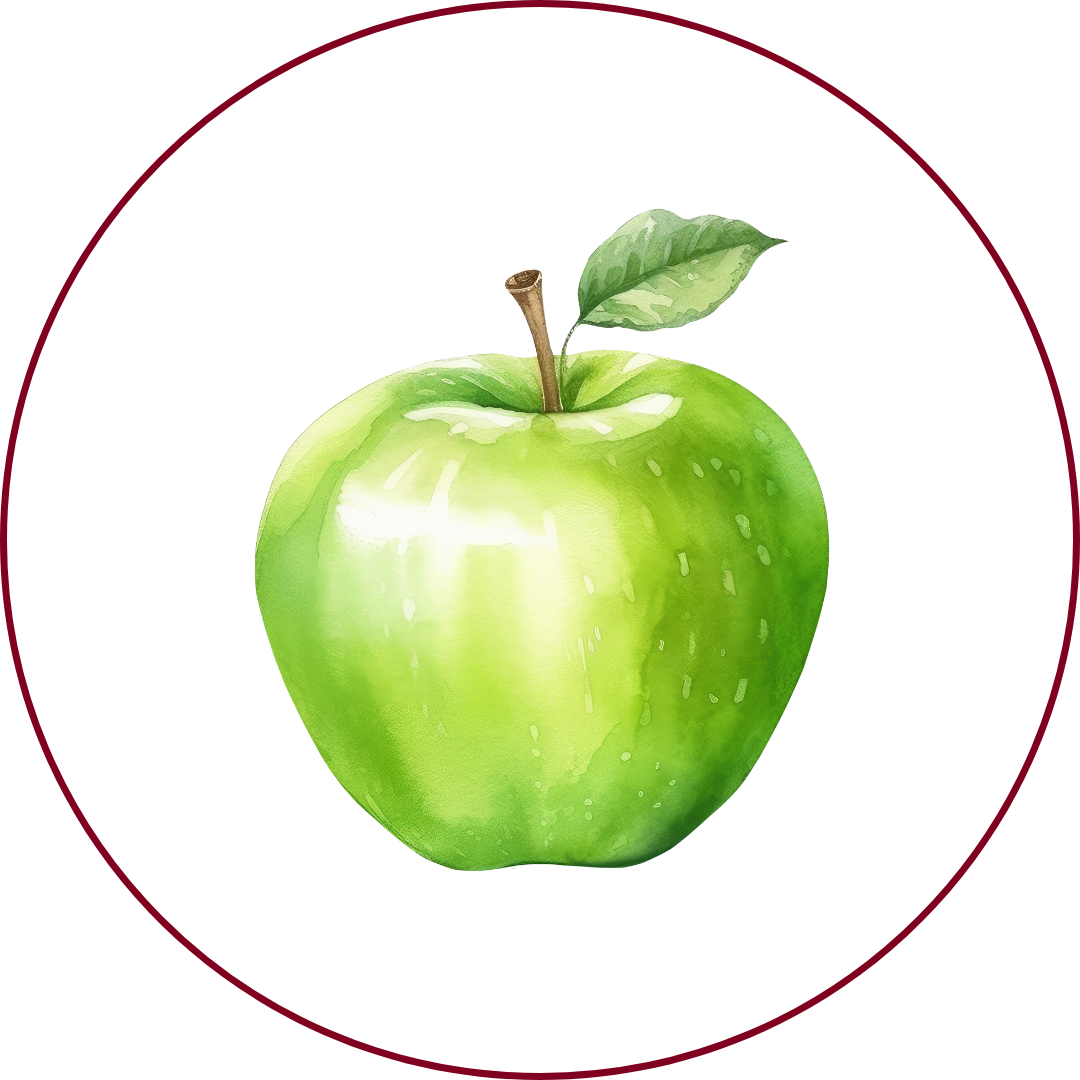
Green Apple
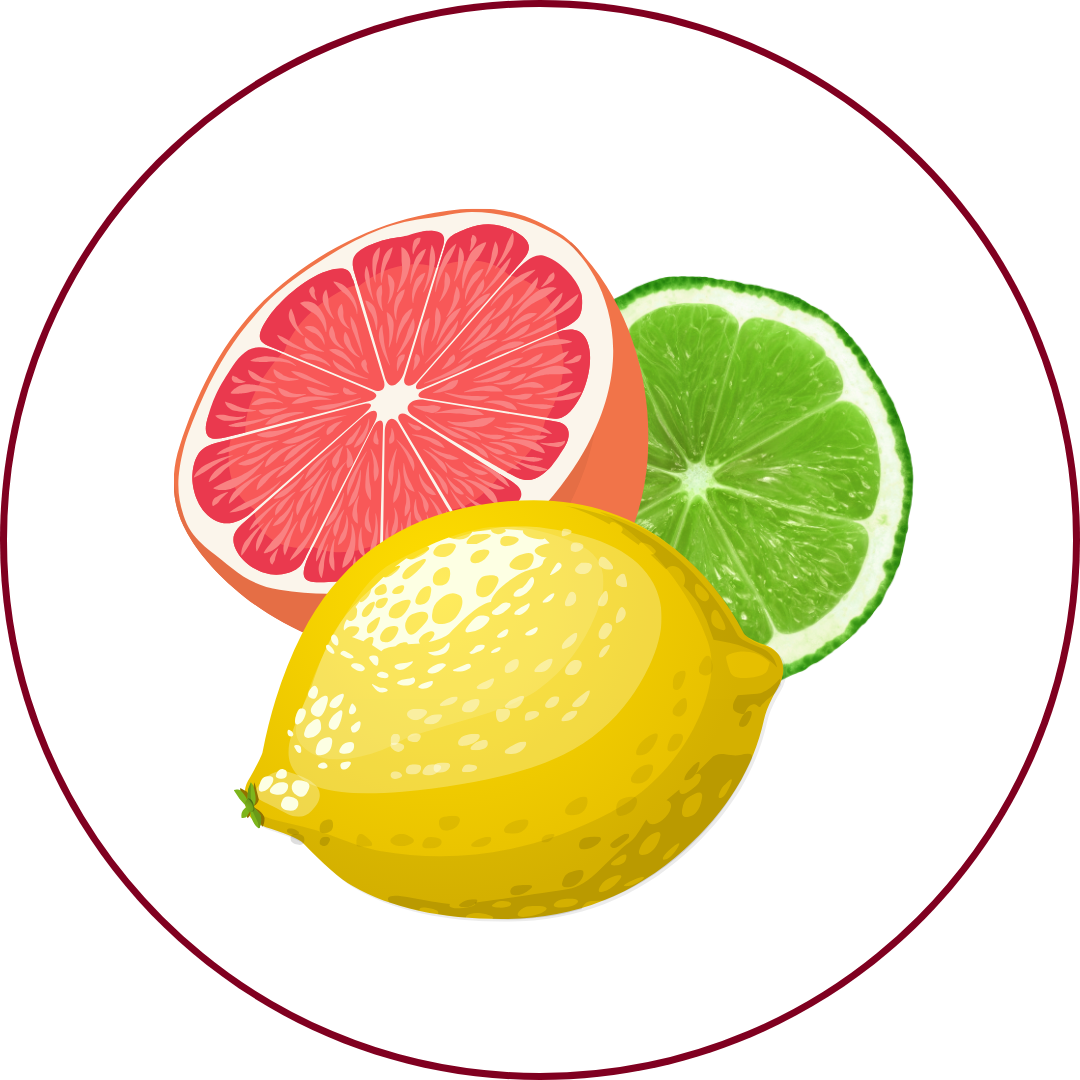
Citrus

Pineapple

Vanilla

Butter
Chardonnay wines exhibit a diverse range of flavors, influenced by climate, terroir, and winemaking techniques. In cooler climates, they often present notes of green apple and citrus, while warmer regions may produce wines with tropical fruit flavors like pineapple. Oak aging can introduce vanilla and butter notes, contributing to a richer mouthfeel.
Food Pairing
Chardonnay's versatility allows it to pair well with a wide range of dishes. Unoaked or lightly oaked Chardonnays complement seafood, poultry, and salads, while richer, oaked versions pair excellently with creamy sauces, roasted meats, and dishes featuring mushrooms or truffles. Its balanced acidity and body make it a suitable companion for a variety of cuisines.
Growing Regions

France
BurgundyChampagneLanguedoc-Roussillon

United States
CaliforniaOregonWashington

Australia
Margaret RiverYarra ValleyAdelaide Hills

New Zealand
MarlboroughHawke's Bay

Chile
Casablanca ValleyMaipo Valley
Notable Wines & Producers
Puligny-Montrachet
Domaine Leflaive
Domaine de la Romanée-Conti
Chablis Grand Cru
Domaine William Fèvre
Domaine François Raveneau
Russian River Valley Chardonnay
Kistler Vineyards
Rochioli Vineyards
Chardonnay FAQ
Common questions about this grape variety
What is the origin of Chardonnay?
+
Burgundy, France
Is Chardonnay wine full bodied?
+
Chardonnay has a body level of 4 out of 5. Which means that Chardonnay is Moderate to Full bodied.
Is Chardonnay wine dry or sweet?
+
Chardonnay has a dryness level of 1 out of 5. Which means that Chardonnay is Dry.
Where is Chardonnay wine from?
+
Burgundy, France
Where is Chardonnay grown?
+
Chardonnay is grown in France (Burgundy, Champagne, Languedoc-Roussillon)United States (California, Oregon, Washington)Australia (Margaret River, Yarra Valley, Adelaide Hills)New Zealand (Marlborough, Hawke's Bay)Chile (Casablanca Valley, Maipo Valley).
What is Chardonnay like?
+
Chardonnay wines exhibit a diverse range of flavors, influenced by climate, terroir, and winemaking techniques. In cooler climates, they often present notes of green apple and citrus, while warmer regions may produce wines with tropical fruit flavors like pineapple. Oak aging can introduce vanilla and butter notes, contributing to a richer mouthfeel.
What does Chardonnay pair with?
+
Chardonnay's versatility allows it to pair well with a wide range of dishes. Unoaked or lightly oaked Chardonnays complement seafood, poultry, and salads, while richer, oaked versions pair excellently with creamy sauces, roasted meats, and dishes featuring mushrooms or truffles. Its balanced acidity and body make it a suitable companion for a variety of cuisines.
What does Chardonnay taste like?
+
Chardonnay wines exhibit a diverse range of flavors, influenced by climate, terroir, and winemaking techniques. In cooler climates, they often present notes of green apple and citrus, while warmer regions may produce wines with tropical fruit flavors like pineapple. Oak aging can introduce vanilla and butter notes, contributing to a richer mouthfeel.
Take Chardonnay Knowledge with You
Access detailed grape profiles, tasting notes, and pairing suggestions on your iPhone.
Download on theApp Store